CEO Dies After Alleged Forced Injection in Nairobi, Family Seeks Justice

The Kenyan healthcare system is under intense scrutiny following the death of Susan Kamengere Njoki, CEO and founder of Toto Touch Kenya, and a separate murder within the Kenyatta National Hospital (KNH).
Susan Kamengere Njoki, a mental health advocate, died on 15 July 2025, one day after being forcibly removed from her home and admitted to Chiromo Hospital. Circumstances surrounding her death are now subject to a formal inquiry by the Directorate of Criminal Investigations (DCI). Allegations have emerged that Njoki was injected with unknown substances against her will, sparking concerns about involuntary psychiatric interventions.
Audio recordings obtained by KTN News, corroborated by family accounts, detail Njoki’s removal from her residence in Kileleshwa by individuals including two men and two nurses. In the recordings, Njoki expresses distress and questions the legitimacy of the intervention, saying, “They put me in the vehicle, and when I asked, they said they were taking me to Lavington. Why are you forcing me to take injections? Why are you forcing me to leave this place, yet you allege you are professionals?”
Njoki, who had a history of depression, insisted she was in good health and preparing for a job interview. She alleged her husband orchestrated the forced hospitalisation, stating in the recording, “Do you think they can schedule an interview with a mad woman?”
The family claims Njoki's sister received a distress call from Susan on the day of the incident, during which she claimed that the individuals who came to her home cited instructions from a psychiatrist, Dr Onyancha, and her husband, Allois Ngure. The family alleges Njoki was injected twice at home and twice more at Chiromo Hospital, without explanation of the medication's nature or purpose. They also report that her phone was confiscated and a Facebook post about the incident was forcibly deleted.
The family reported efforts to visit Njoki in hospital were thwarted, with access contingent on her husband's approval. The security guard at her residence allegedly presented a note indicating Ngure had authorised her removal on medical grounds. However, the family maintains Njoki had no active medical conditions at the time and was managing her mental health effectively with prescribed medication.
The family were informed of Njoki's death shortly after being denied access to see her. A report was filed at Kabete Police Station, prompting the DCI to launch a formal inquiry into the circumstances surrounding her death. Investigators are examining medical records, interviewing hospital staff, and reviewing audio evidence provided by the family.
Simultaneously, Kenyatta National Hospital (KNH) is facing scrutiny following the second murder within its wards this year. On 17 July, a physically disabled male patient was found dead in Ward 7B with his throat slashed. The incident occurred just months after a similar killing in the same ward, prompting renewed examination of security protocols at the country’s largest referral hospital.
Kennedy Kalombotole, the suspect in the latest KNH murder, was arrested at the facility and is believed to be linked to both killings. Investigators recovered a knife wrapped in gloves beneath the ward’s window, along with blood-stained items in a nearby room where Kalombotole had been admitted. The DCI has confirmed Kalombotole was previously implicated in the February murder of another patient, Gilbert Kinyua, but had remained in hospital pending further investigation.
The families of both victims are demanding transparency and justice. Njoki’s relatives have called for an independent autopsy and a full inquest, while KNH has pledged to cooperate with authorities in the murder probe. Civil society groups and mental health advocates are rallying behind the cases, urging the government to strengthen oversight mechanisms and protect the rights of patients across all healthcare settings.

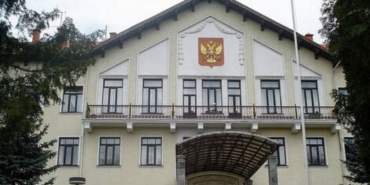
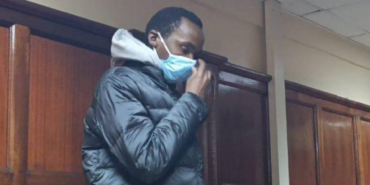
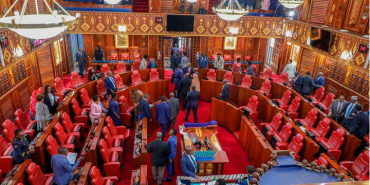

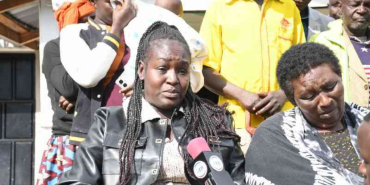
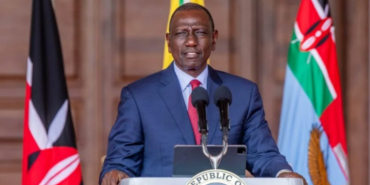
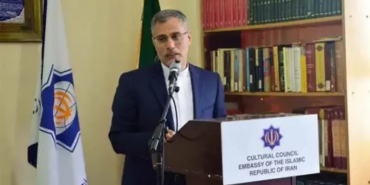
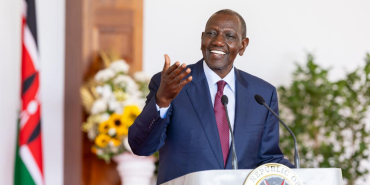





Add new comment